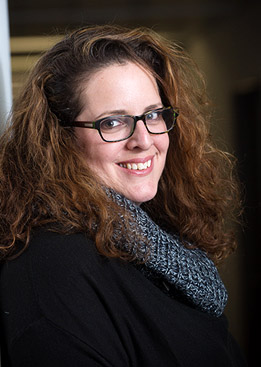
Damages in DNA block the ability of the genome to function, and are a major cause for mutations. Accumulation of mutations in normal cells eventually leads to the formation of cancer. Understanding DNA damages and how cells repair them is therefore crucial to understanding the processes leading to cancer.
I became fascinated with DNA repair during my undergraduate studies at Tel Aviv University, and specialized in the field during my MSc and PhD work at the Weizmann Institute of Science. During this time I found that progress in the field was hindered due to lack of experimental tools to study DNA damages and DNA repair across the entire genome and at high-resolution. I dedicated my postdoctoral work at the University of North Carolina to develop novel experimental techniques to study DNA repair that harness the power of next generation DNA sequencing. This work resulted in the first high-resolution genome-wide maps DNA damages and repair in human cells.
I joined the Department of Microbiology and Molecular Genetics in December of 2016. I am excited to start my independent research group in the supportive and collaborative environment of the Faculty of Medicine. In my research, I plan to implement the state-of-the-art tools I developed to study how DNA repair is regulated and coordinated with the other processes occurring in the nucleus.
From the cancer perspective, DNA repair is a double-edged sword. While efficient repair of carcinogenic damages reduces cancer risk, in cancers, the very same DNA repair pathways are utilized to survive DNA damages induced by chemotherapy treatments.
My goal, by improving the understanding of DNA repair is to better our understanding of carcinogenesis and to identify new pathways for preventive and therapeutic cancer care.

